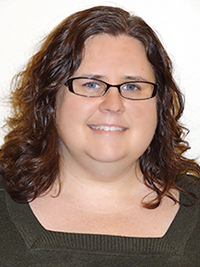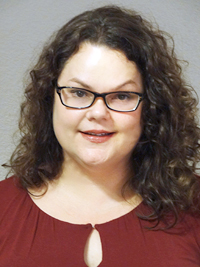Dr. Karen Rodrigue and Dr. Kristen Kennedy have been recognized by the Association for Psychological Science (APS) as Rising Stars. Rodrigue and Kennedy joined the UT Dallas Center for Vital Longevity as assistant professors in 2012.

Dr. Kristen Kennedy

Dr. Karen Rodrigue
The APS Rising Star award highlights early career psychologists from around the world who are making a significant impact in the field of psychological science.
“Both of these young scientists have international reputations in the field of neurocognitive aging,” said Dr. Denise Park, co-director of the Center for Vital Longevity and Distinguished University Chair in Behavioral and Brain Sciences. “What is exciting to me is that their most important work is still ahead of them. I am thrilled to have them at the Center for Vital Longevity.”
In the June issue of the APS Observer, Kennedy was recognized for her work in how the brain adapts to changes from normal aging. Kennedy is particularly known for her work linking deteriorating brain structures to effects on cognition, or the way people think.
Rodrigue, who was highlighted in April, is an expert in how normal age-related brain and body changes affect cognitive decline. Rodrigue is renowned for her work relating cardiovascular health to the aging brain.
“We regard these people as early-career scientists who are conducting groundbreaking research and whose findings and innovative approaches to research methodology place them at the forefront of the next generation of psychological scientists,” said Scott Sleek, Director of News at APS.
Well-reputed scientists and educators select the promising new researchers to be Rising Stars.
“We are very proud that APS named two of our first-year faculty as Rising Stars,” said Dr. Bert Moore, dean of the School of Behavioral and Brain Sciences and the Aage and Margareta Møller Distinguished Professor. “BBS is committed to recruiting the top faculty in the country by working in targeted research areas, such as cognitive aging, and providing a productive and distinctive research and teaching environment. We are very happy to have Karen and Kristen with us.”